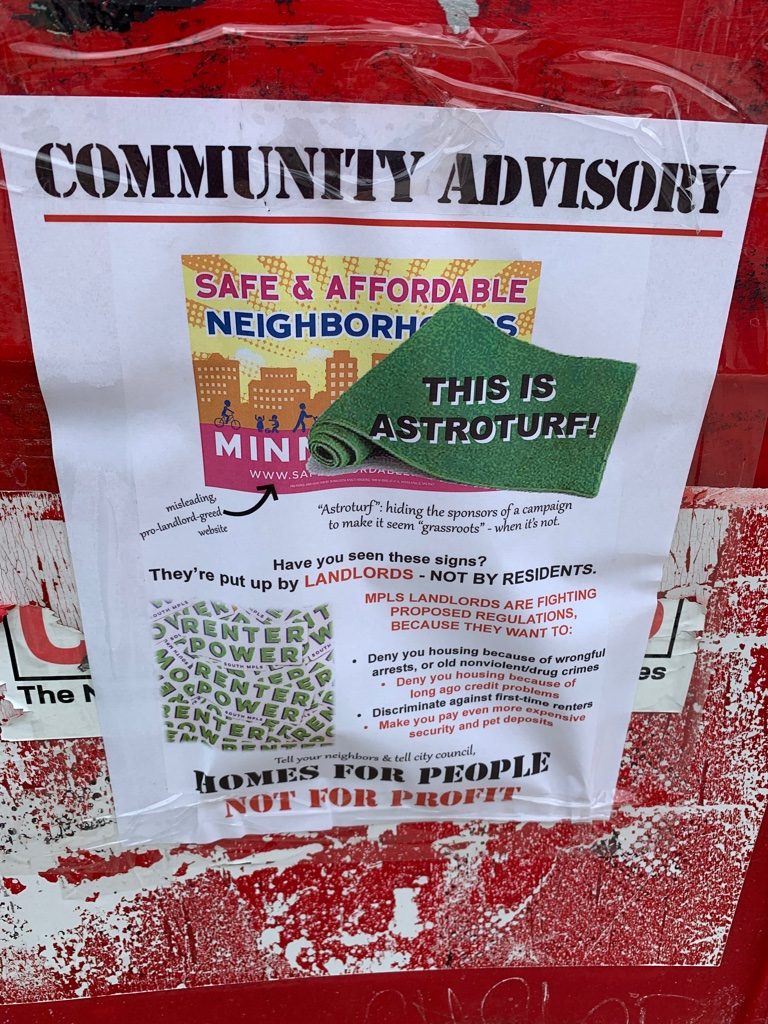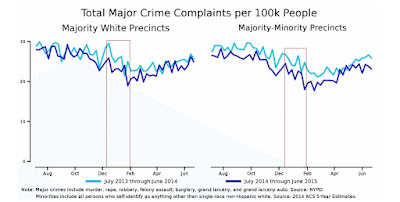Migrant labor sustains U.S. agriculture. It is essential and constant. Yet the people who do the work remain hidden. That invisibility is not just social. It is spatial. Employers tuck housing behind groves, set it far off the road, or place it on private land behind locked gates. These sites are hard to reach. They are also hard to leave.
As a paralegal at my stepmother’s immigration law firm in Metro Detroit, I met with many migrant workers who described the places they were housed. They worked long days in fields or orchards, often six or seven days a week, and returned to dormitories built far from town. The stories stayed with me. They worked in extreme heat and came back to shared spaces without privacy, comfort, or dignity. Workers are placed in dorms with shared beds and tight quarters. Bathrooms are communal. Kitchens are often bare.

Credit: Photo by Darrell Hoemann/Midwest Center for Investigative Reporting. Used with permission.
Images help tell this story. Photographs from North Carolina and California show identical cabins in rows. Inside are narrow beds, small windows, and not enough space to stretch. These photos are more than documentation. They are evidence. They show us what it looks like to build a system that erases the people who keep it running.

Credit: Photo by Dorothea Lange. Farm Security Administration Collection, Library of Congress. Public domain.
Sociology gives us a framework to see that this is not just bad housing structure. It is a structural problem. When the employer controls housing, every complaint becomes a risk. Speaking up may not only cost your job, it also means losing your bed and risking forcible deportation. The design limits autonomy and keeps people quiet. The fewer choices a person has, the easier it is to control them.
In sociology, conflict theory starts with a simple idea: society develops and changes based on struggles over power and resources. In the case of migrant labor, that struggle is visible in the very organization of housing. Henri Lefebvre argued that space is socially produced. Social production means that space is shaped by those who have authority to determine how people live. This is not driven by comfort, fairness, or function. The arrangement and social production of space reflects the interests of those and control. The shape of a room, the distance between houses, and the layout of a building are not random. They reflect relationships.
Similarly, Michel Foucault shows how institutions use architecture to enforce discipline. In migrant housing, space signals control. These dorms do not need bars or guards. The buildings are made to meet the minimum legal standard for shelter. That standard is barely above what is allowed for a prison cell. The architecture dehumanizes, and in doing so, it controls.
I saw this firsthand. A worker told me his bunk was so close to the next that he could hear every breath of the man above him. His wife told me there were rules about visitors, meals, and noise. They could not live together, even though they were married. They felt monitored. They were afraid to speak. These homes were not theirs. The system made sure of that.
Sociology gives us the language to name what is happening. This is not a housing crisis. It is a labor strategy. These camps are not temporary accidents. They are long-term solutions to a problem no one wants to fix. As scholars and citizens, we should bring these designs to light. We cannot change what we do not see.
Joey Colby Bernert is a statistician and licensed clinical social worker based in Michigan. She is a graduate student in public health at Michigan State University and studies feminist theory, intersectionality, and the structural determinants of health.









 The dining rooms are coming. It’s how I know my neighborhood is becoming aspirationally middle class.
The dining rooms are coming. It’s how I know my neighborhood is becoming aspirationally middle class.




